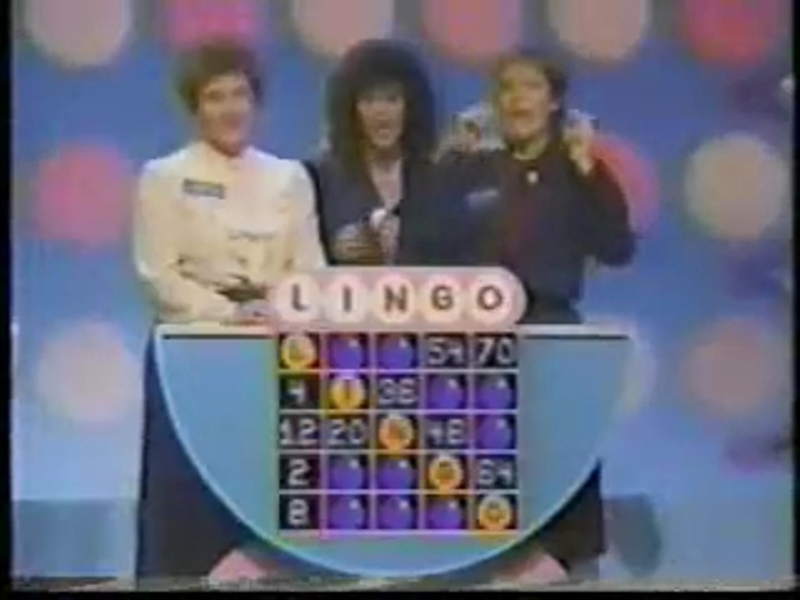

#Lingo game show plus
If the team failed to guess the word after the fifth line, they had to draw six balls (one for each line plus an additional penalty ball as they completely missed the word). Each line used would add a Lingo ball to be drawn. Puzzles in this part of the game were again five-letter words, only this time with two letters given (the first letter of the word and a second letter somewhere else in the word). The $50 would double to $100 for the first puzzle. Before the first puzzle, they would be guaranteed $50 regardless of what happened afterward. The winners would play the "No Lingo" bonus game in which they were presented with a new Lingo board with twelve numbers marked off. If the match ended in a tie, another five-letter puzzle was played with the teams alternating lines until one of them correctly guessed the word and won the match. The runners-up would receive a consolation prize.

#Lingo game show free
If at any time a team made a mistake, such as taking too long at a guess, misspelling a word, spelling a word that doesn't exist, spelling a word that is not five letters in length, repeating a word already guessed, or giving a word not starting with the established first letter, control went to the other team, who were given a free letter unless only one was missing. The show's format combined the structure of the game of chance known as bingo with a word guessing game contestants took turns guessing five-letter words and tried to guess enough of them to fill in enough spaces on a five-by-five card to form a line.The object of the game was to win cash by taking five guesses at a mystery five-letter word puzzle. It was hosted by longtime actor and radio/TV host. Lingo is a Canadian game show that ran for 439 episodes on Télévision de Radio-Canada across Canada, from 1998 to 2001.dbc:Ici_Radio-Canada_Télé_original_programming.

dbc:Television_shows_filmed_in_Montreal.


 0 kommentar(er)
0 kommentar(er)
